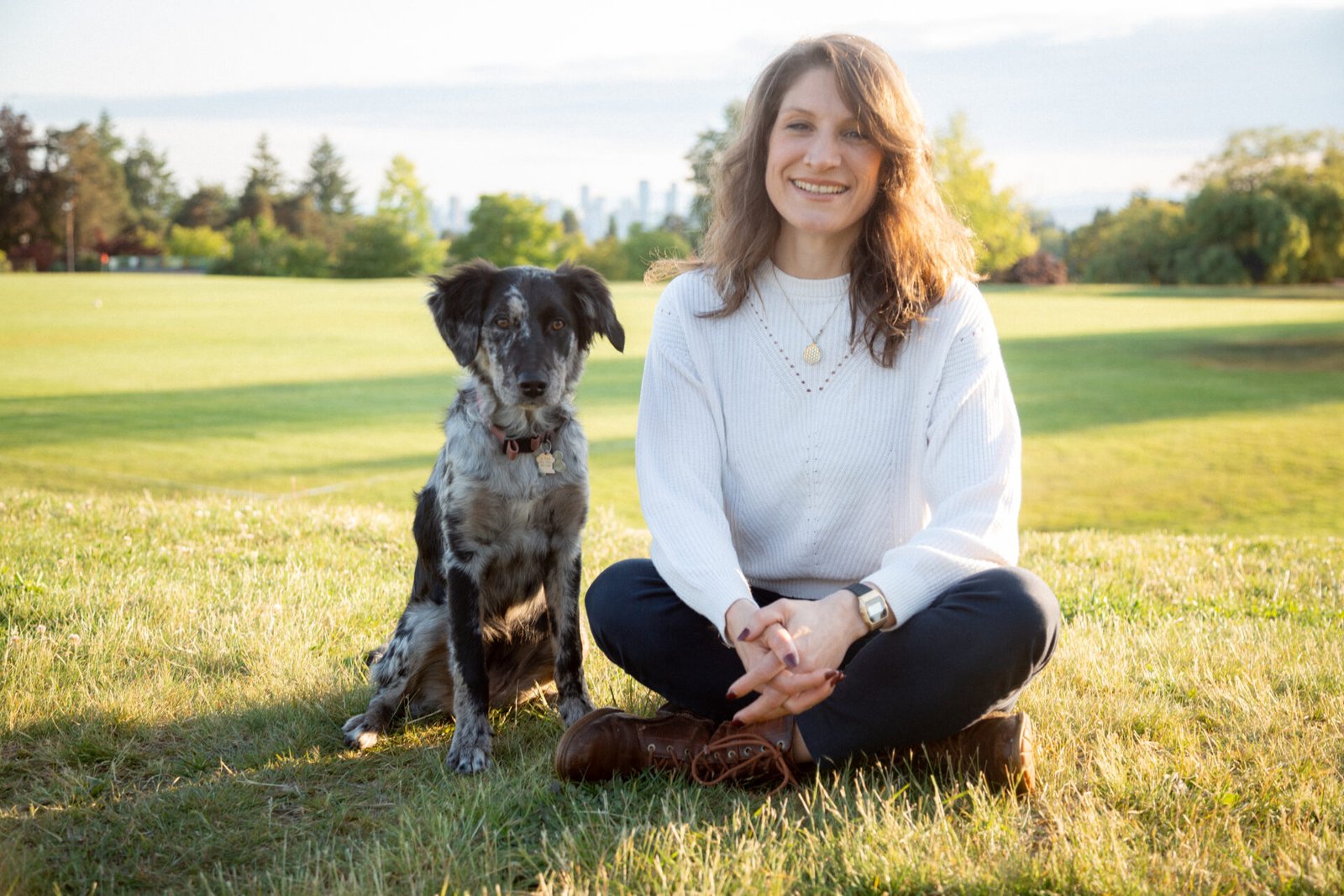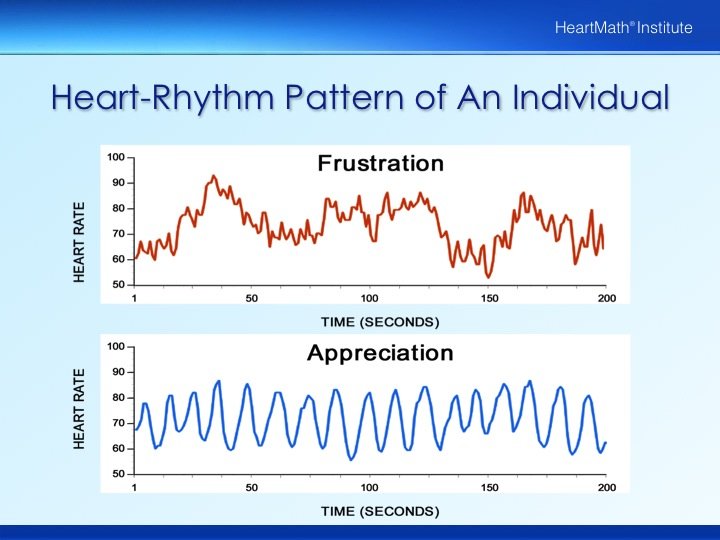A unique therapy approach with Deborah Buthmann
At our East Vancouver counselling practice, we’re excited to introduce Luna, our therapy dog and newest (and furriest) member of our team. Luna is a gentle, intelligent, and affectionate mix of Golden Retriever, Border Collie, and Australian Shepherd, who often accompanies our Counsellor Deborah Buthmann during therapy sessions.
Deborah’s love of dogs and her belief in the healing bond between people and animals inspired her to bring animal-assisted therapy into her work. Many clients find that Luna’s calm and nurturing presence helps them feel more at ease, supported, and open during counselling.
You might meet Luna as she walks through the waiting room or during a counselling sessions with Deborah. Always with your consent first.
What is Animal-Assisted Therapy?
Animal-assisted therapy is a therapeutic approach where animals actively or passively help support emotional, physical, or psychological well-being . The therapist intentionally includes a trained animal – or their calming presence – during sessions to help clients reach specific therapeutic goals (Herrera, Gutiérrez-Rojas & Álvarez-Mon, 2025).
In sessions with Deborah, Luna offers gentle support that complements traditional counselling. Her presence can help slow things down, ease stress, and create a safe, grounded atmosphere.
Deborah and Luna’s Approach
Luna is not a service dog, but she is steadily training to be a more active part of therapy. For now, her presence alone can provide meaningful emotional support.
Before each appointment, clients choose whether they’d like Luna to be part of their session. Some people enjoy petting her, some prefer her quiet company, and others simply appreciate the calming energy she brings into the space. This mindful interaction can help clients tune into their body’s signals, offering a grounding way to track shifts in emotion and sensation during the therapeutic process.
Luna has her own gentle way of connecting—leaning softly against someone, curling up at their feet, resting her head on a knee, offering eye contact, or nudging a hand. These little moments can help clients feel grounded and connected during therapy.
Benefits of Animal-Assisted Therapy
Working with a therapy dog like Luna can offer:
- Emotional comfort: A warm, non-judgmental presence that helps clients feel supported.
- Stress reduction: Petting or being near Luna can help regulate the nervous system.
- Easier communication: Some clients find it easier to open up when a therapy dog is in the room.
- Mood support: Luna often brings a sense of ease, softening tense or difficult moments.
Animal-assisted therapy can be especially supportive for those navigating anxiety, depression, PTSD, emotional overwhelm and ADHD.
While Luna is well-trained, she is still a dog and may occasionally show normal dog behaviors and her role is to complement therapy, not replace it.
For more information about animal-assisted therapy with Luna, visit Deborah’s Website: Animal-Assisted Therapy page LINK ( https://buthmanncounselling.com/animalassistedtherapy)
Experience Counselling with Luna in East Vancouver
Together, Deborah Buthmann and Luna are committed to creating a caring, welcoming space at our East Vancouver counselling practice. If you’re curious about how Luna’s presence as a therapy dog might support your journey, you’re welcome to ask about her when booking an intro session
If you have a fear of dogs, allergies, or have any concerns about running into Luna at East Vancouver Counselling: please know that we have a dog policy in place and there are safety parameters that limit and control Luna’s presence inside and outside of the therapy room. Deborah and Luna may need to move through our waiting room to get to and from their clinic room for Luna’s regular walks, but they will check with people in the waiting room before entering to make sure it’s ok. Informed consent is collected from Deborah before starting therapy where Luna will be present.
Luna is onsite at our clinic most Wednesdays and Thursdays. Please contact Deborah and our Admin team if you’d like more information about how to manage your access to the space when Luna is there.
References:
Beetz, A., Uvnäs-Moberg, K., Julius, H., & Kotrschal, K. (2012). Psychosocial and psychophysiological effects of human-animal interactions: The possible role of oxytocin. Frontiers in Psychology, 3, 234. https://doi.org/10.3389/fpsyg.2012.00234
Dixon, D., Jones, C., & Green, R. (2025). Understanding the role of the animal in animal-assisted therapy: A qualitative study. Complementary Therapies in Clinical Practice, 60, 101983. https://doi.org/10.1016/j.ctcp.2025.101983
Fine, A. H. (Ed.). (2015). Handbook on animal-assisted therapy: Foundations and guidelines for animal-assisted interventions (4th ed.). Academic Press.
Herrera, V., Gutiérrez-Rojas, L., & Álvarez-Mon, M. Á. (2025). Compilation of animal-assisted therapy studies: A narrative review of clinical evidence. Psiquiatría Biológica, 32(3), 100738. https://doi.org/10.1016/j.psiq.2025.100738



